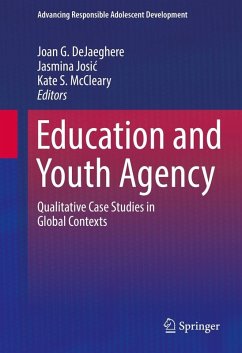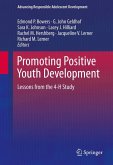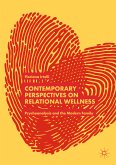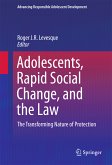This book offers a comprehensive overview of studies on youth agency across various parts of the world. It explores diverse perspectives on education, citizenship and future livelihoods, modernity and tradition, gender equality, and social norms and transformations as they relate to how young people construct their agency. Drawing on case studies of young women and men from Africa, the Americas and South Asia, this book illustrates the different ways in which education affects youth's beliefs, engagement, action, and identities in broader historical, social, cultural, economic, and political contexts. Chapters argue for education as a potential force for equity and explore how both formal schooling and informal educational programs may challenge and inspire youth through individual and collective action to change the social conditions affecting their lives and their communities. The global nature of this book gives readers a deeper understanding of youth agency as a dynamic process in relation to changing economic, political, and social environments.
Featured topics include:
Education and Youth Agency is an essential resource for researchers, educators, practitioners, and undergraduate and graduate students across such related disciplines as developmental psychology, international and comparative education, family studies as well as public health, educational policy and politics, youth studies, and social policy.
Featured topics include:
- The role of community context and relationships in shaping U.S. youth's citizen agency.
- Malala Yousafzai and media narratives of girls' education within Islam and modernity.
- Social capital, sexual relationships, and agency for Tanzanian youth.
- Boys' agency toward higher education in urban Jamaica.
- Children's economic agency in Kanchipuram, India.
- Vocational training and agency among Kenyan youth.
Education and Youth Agency is an essential resource for researchers, educators, practitioners, and undergraduate and graduate students across such related disciplines as developmental psychology, international and comparative education, family studies as well as public health, educational policy and politics, youth studies, and social policy.
Dieser Download kann aus rechtlichen Gründen nur mit Rechnungsadresse in A, B, BG, CY, CZ, D, DK, EW, E, FIN, F, GR, HR, H, IRL, I, LT, L, LR, M, NL, PL, P, R, S, SLO, SK ausgeliefert werden.









